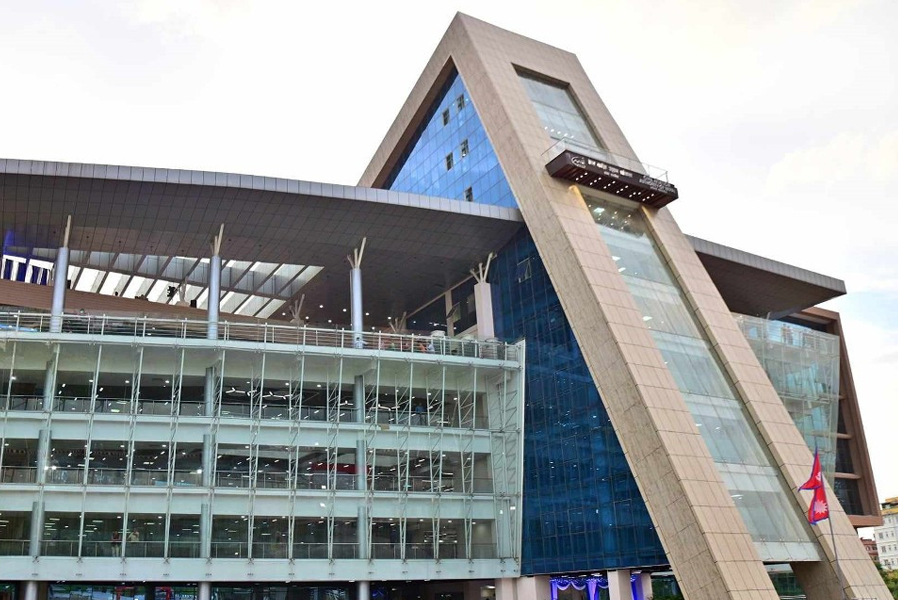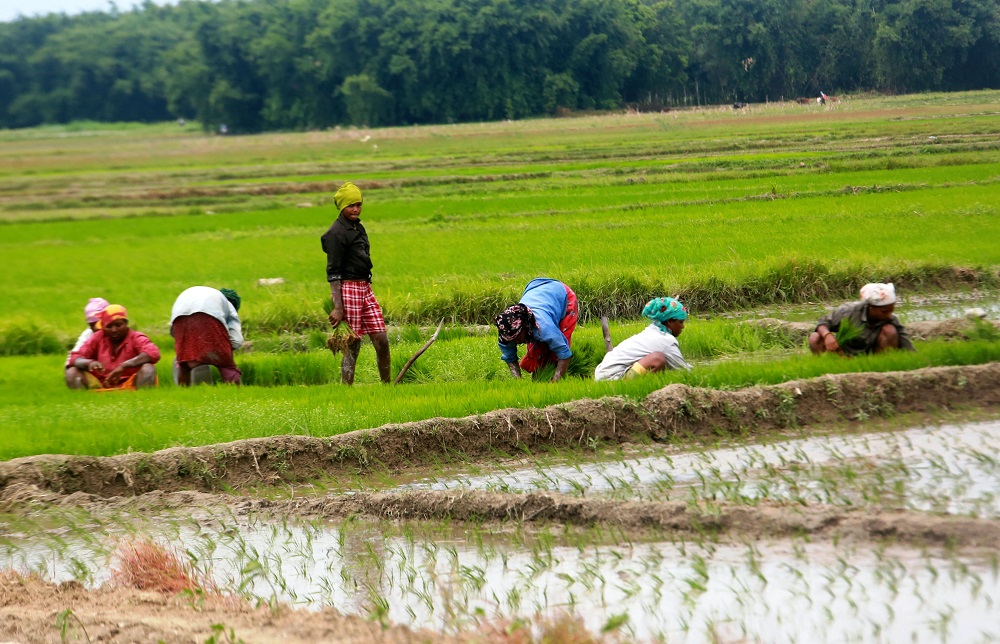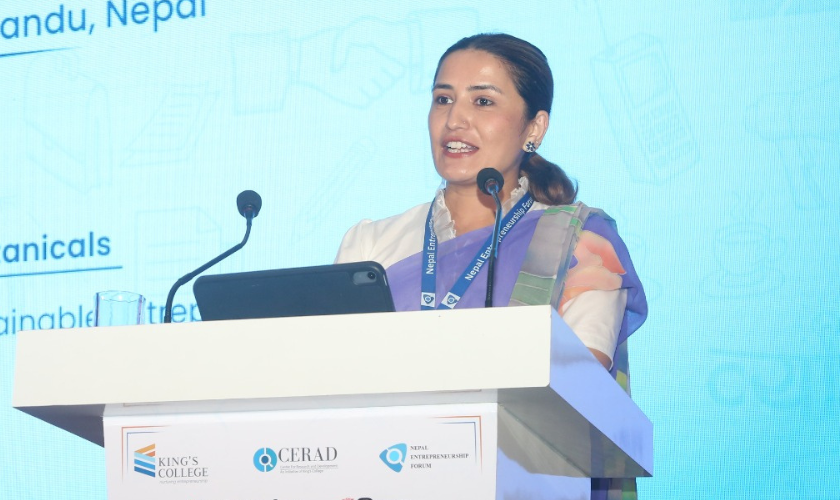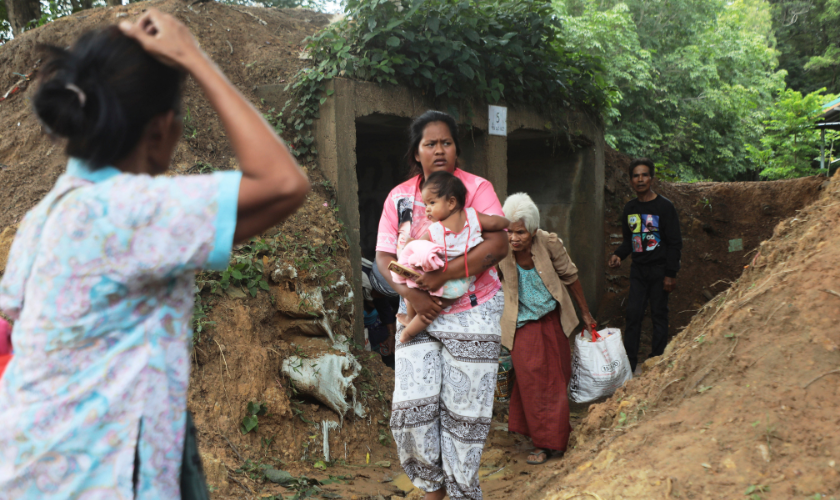Koshi Province is witnessing a significant expansion in commercial coffee farming, with plantations now spread across 12 districts and over 2,000 hectares of land under cultivation—nearly half of the total coffee-plantation area in Nepal.
According to the state-run news agency RSS, Ananta Dhungana, Public Information Officer at the Regional Office of the National Tea and Coffee Development Board in Birtamod, reported commercial coffee farming is currently underway in Ilam, Dhankuta, Bhojpur, Khotang, Sankhuwasabha, Okhaldhunga, Solukhumbu, Tehrathum, Udayapur, Morang, Panchthar, and Taplejung.
More than 5,000 farmers in the province are engaged in coffee cultivation. Annual production in Koshi stands between 90 and 100 metric tons of coffee beans, with an estimated market value of Rs 200 million. Over half of the coffee produced in the province is exported, added RSS.
Read: Coffee Imports Surge by 73 Percent in Three Years
Koshi accounts for approximately 20 percent of Nepal’s total coffee production, which stood at 501.3 metric tons in Fiscal Year 2023/24. The region’s 2,000 hectares under cultivation represent nearly 46 percent of Nepal’s total coffee farming area of 4,309 hectares.
According to RSS, Ilam district leads the province in production, with over 2,000 farmers cultivating coffee across 900 hectares of land and producing around 50 metric tons annually. Dhankuta, Morang, and Panchthar have also emerged as key coffee-growing areas, with cultivation spread over 750 hectares, 500 hectares, and 350 hectares respectively, reads a recent news report published by RSS.
To support the expansion, the National Tea and Coffee Development Board has been providing financial incentives. Farmers and cooperatives cultivating coffee on 50 ropanis of land are eligible for grants of Rs 750,000, while nurseries producing seedlings receive up to Rs 350,000, RSS further reported.
Red: Global Forces Sending Coffee Prices Skyward
In FY 2024/25, the board facilitated coffee plantation expansion over 110 hectares in 24 local governments in the province, allocating Rs 23.7 million. For the current fiscal year, a budget of Rs 28.35 million has been set aside to support further expansion in 23 local levels.
“Koshi Province is a fertile area for coffee cultivation,” RSS quoted Dhungana as saying. “There is no market issue for the coffee produced.” However, he noted that farmers are still unfamiliar with vital aspects like processing, quality control, packaging, and trademarking, limiting their direct access to international markets.
Nationally, coffee consumption has surged, with domestic demand exceeding 2,200 metric tons annually—more than four times the actual production.
“Coffee consumption is growing rapidly, but production has not kept pace,” Deepak Khanal, director of the National Tea and Coffee Development Board, told News Business Age in an interview in November last year. “A lack of research into new coffee varieties and limited commercial plantations are the main reasons for the shortfall.”












